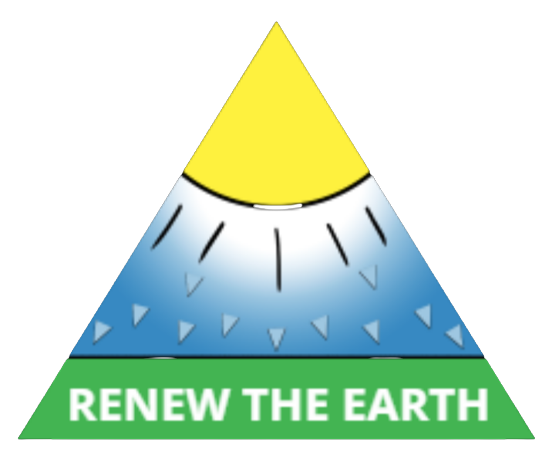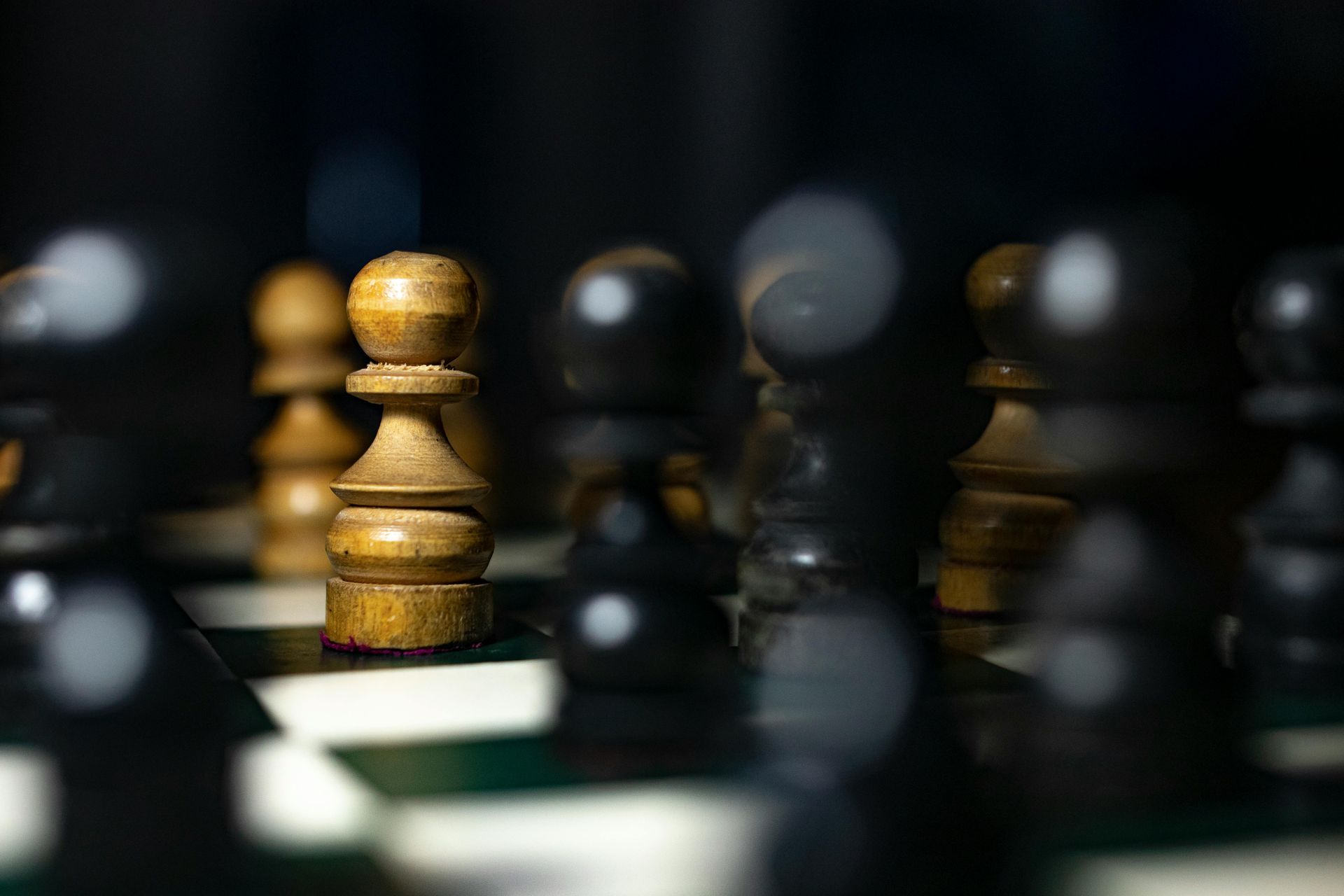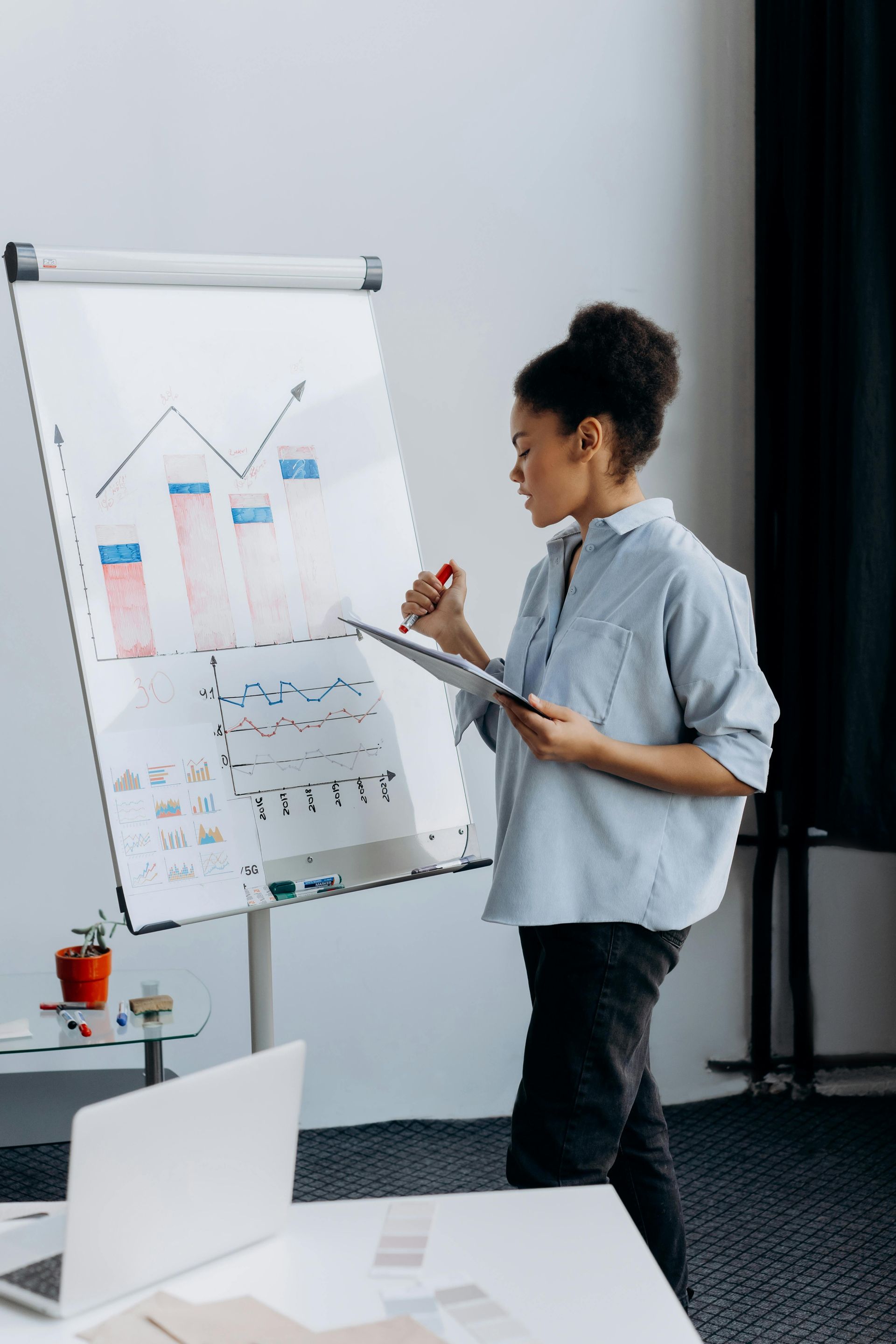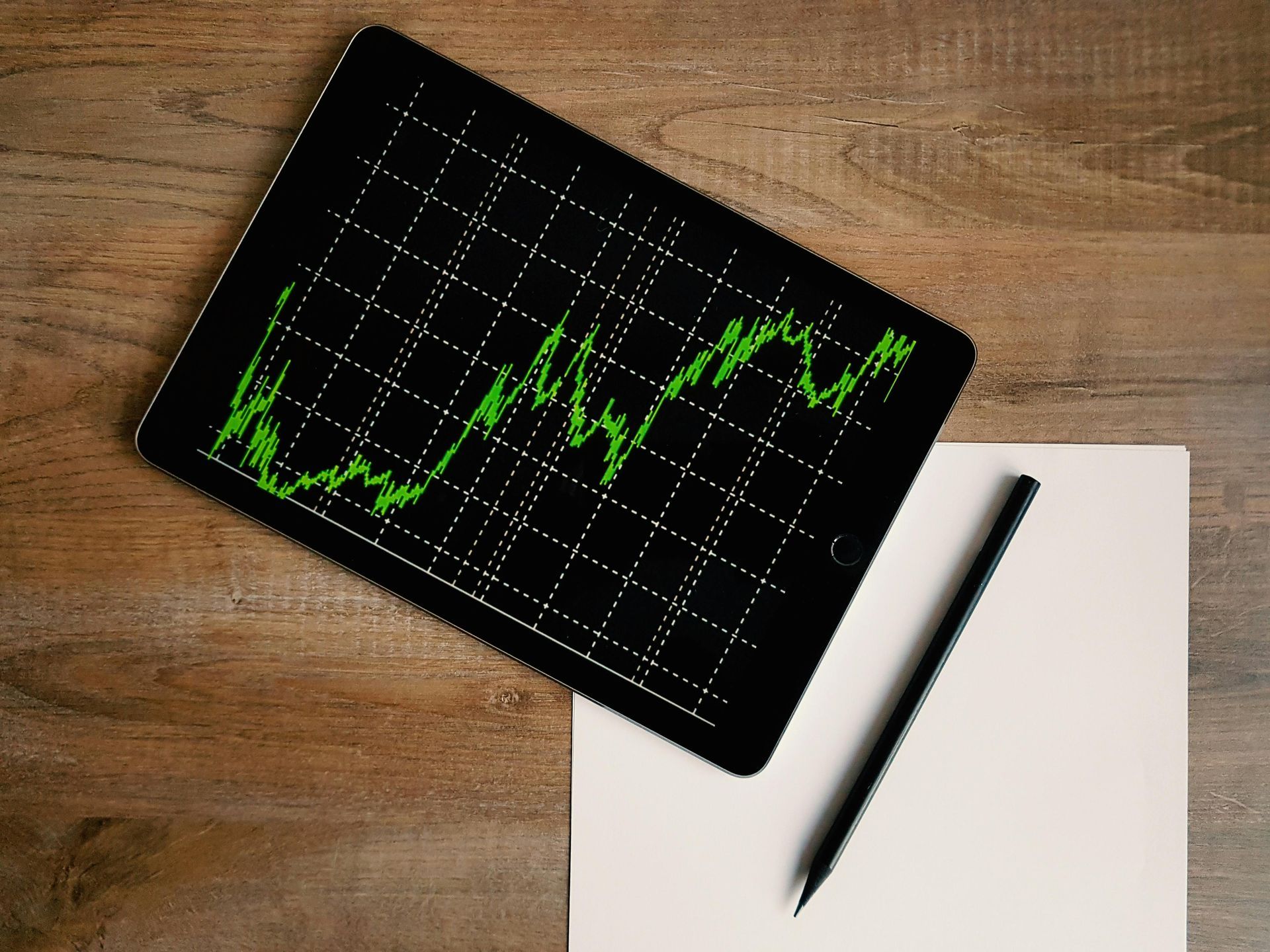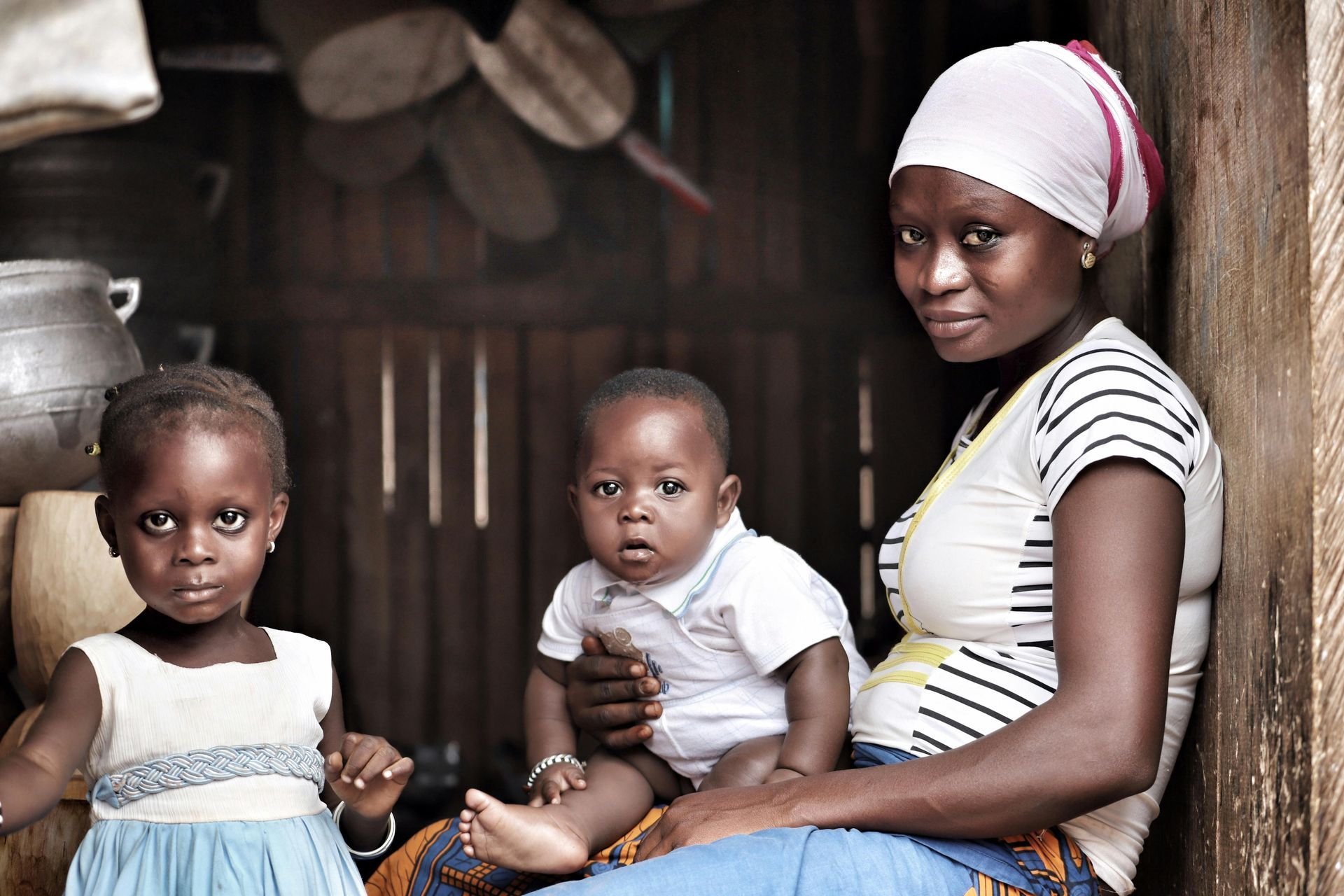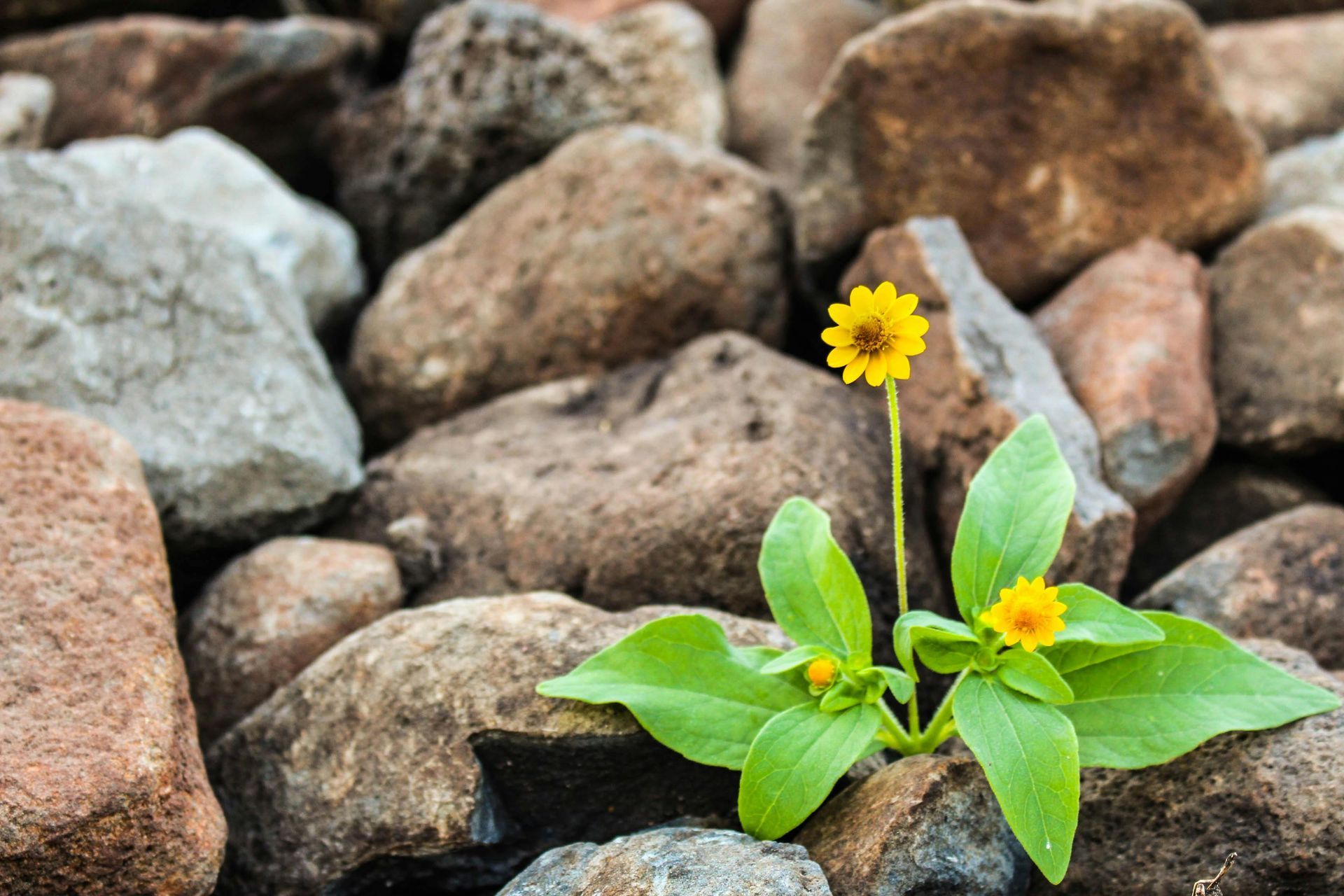How Will Life Change if Basic Human Needs Are Met?
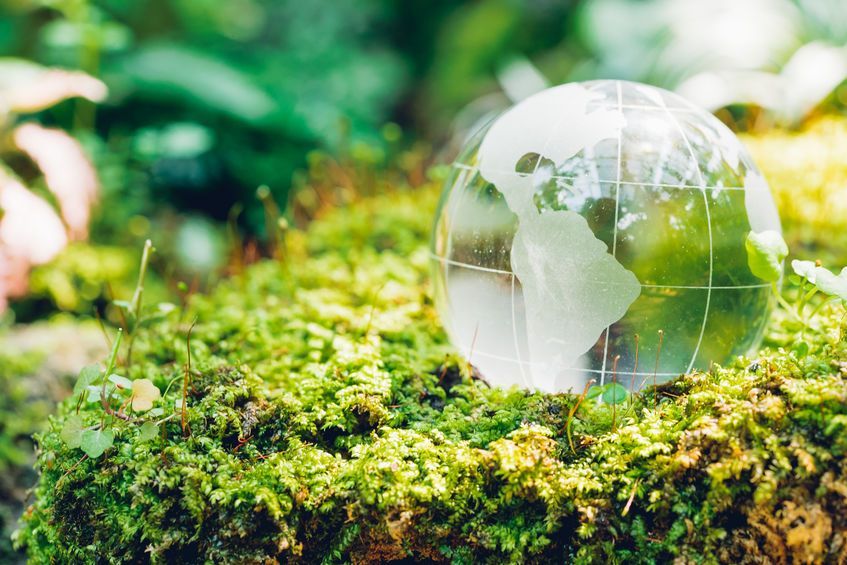
Presently, most economies operate under a “not enough for all, you or me” survival theory. This has been going on for so long that it has become accepted as normal and inevitable. Our brains have been blocked by misleading information that keeps this illusion going. The reality is that all nations together have enough resources and technology to provide basic human needs as a birth right, worldwide.
Earth is alive because it is constantly receiving energy from the sun. Plants convert that energy into their food, insects and animals eat the plants, and we digest the stored sun energy for our own survival. Energy is not being destroyed, it is constantly being changed and reused. It is not “running down.” We are not running out of the essentials for life to survive on Earth, and humans will continue to survive here too, if we are wise.
The question is, can providing human needs as a right, renew our Earth, and our possibility of survival?
Yes, by breaking the cycles of poverty, war, racism, sexism, ignorance, student debt, unemployment, climate change, inefficient use of natural resources, inequality, and social unrest, which are destroying community and nature. How?
Meet basic human needs
When people are assured of survival needs, food, shelter, healthcare, education, from birth to the end of their lives, huge shifts occur in the way we interact with each other and with Nature. Most of the changes are obvious like, ending child starvation, (there is enough food for everyone, it is the distribution of food that is not efficient) increased preventative care, end of poverty, end of decisions based on ignorance and suspicion, empowerment of women, moderation of climate change through more efficient and less damaging use and practices and the end of wars worldwide. Also, more subtle changes like attitudes toward human differences and nature.
Why would these shifts occur?
Presently, most of our time and effort is dedicated to earning money to afford our survival needs and the special wants that we are convinced we must have. Most people work long hours at low wage, just for their survival needs. In the US, where I am writing from, we work some of the longest hours and most days without paid vacations or vacations of any kind or sick leave with pay or without, in the world. As a result, a highly unequal society has evolved, we have a few absurdly wealthy people, and the rest of the population are slaves to an economic system that banks control to the advantage of the rich.
Things can change
Many believe this cannot change, it has always been that way, people are greedy, born sinful, survival of the “fittest”. Let’s think for a moment that these are not our natural dominant tendencies. Isn’t it worth a try to believe that we can improve our social contracts and give humanity and nature a chance? Belief has played such a huge part in human development (religions, for example) maybe the time has come for belief in the positive potential of humanity.
“We don’t seem to be able to do peacefully the logical things we say we ought to be doing – by producing enough to satisfy all world needs. Under pressure we always find that we can afford to wage wars…” Buckminster Fuller, Operating Manual for Spaceship Earth.
Wars make money for rich people, companies, politicians, and governments. Another destructive result of for-profit economies. Economies of the world are dependent on unequal consumption and distribution of wealth. Meanwhile, for the rest of us, there is disruption, forced migration, broken lives, starvation and premature death. Not to mention the massive damage to nature that wars inflict, with bombs, defoliants and demands on local resources to feed armies.
Freedom of time
Enough excellent technology exists for every person to work fewer hours and have a better quality of life. This would relieve the stresses that bring on wars and conflict. So far the freedom of time that advanced technology has brought has mostly been enjoyed by a small percentage of world population. Freedom of time is more valuable than money. And the wealthy have bought it by using human labor worldwide to amass vast wealth. But this does not mean it is time for revolution and the guillotine. We are smarter than that. Economics is the key. There must be a shift in the functioning of world economics.
We have already learned from the demands of the pandemic that the internet makes it possible for work and work hours to change for some people. Even an acronym has surfaced, YOLO, “you only live once”. People see that they want to commit more of their time to what they enjoy and what is important to them, not just making money. They are organizing their lives and work to make this possible in varied creative ways. Work and wealth are being redefined. Our lives are becoming less about what we do to make money so that we can survive and more about how we can innovate individually, positively. Our wealth is not in our wallets, possessions, and banks. Our wealth is our living time and what we choose to do with it.
Final thoughts
We all own the sunlight, the air and water. We are made possible because of these elements. Each of us is a unique product of Earth chemistry and we must accept higher standards of living for ourselves and others as a right. The first step is to entertain a new idea. Each human creativity is a potential gift to the survival of Humanity on this Planet.
“I have learned about public reaction to the unfamiliar and also about the ease and speed with which the transformed reality becomes so “natural” as to mis-seemingly to have been always obvious.” Buckminster Fuller
We are the dominant species on Earth at this time. Our impact is so transformative that a new geologic era has been proposed for our presence, the Anthropocene, the time of humans. With this dominance comes great responsibility. We know the damage that we can do and have already done. We also know we are capable of innovative change for good. One change must be redesigning the way economics is practiced.
Renew the Earth has been developing a concept that we hope will help begin to turn economic practices toward a more positive path. Energy Currency, used for food, shelter, education, healthcare and infrastructure. Run parallel to existing currencies, circulating then destroyed at the bank so there is no possibility of inflation and speculation. And it cannot be taxed. Think about it.
Read more at Renew-the-Earth.org
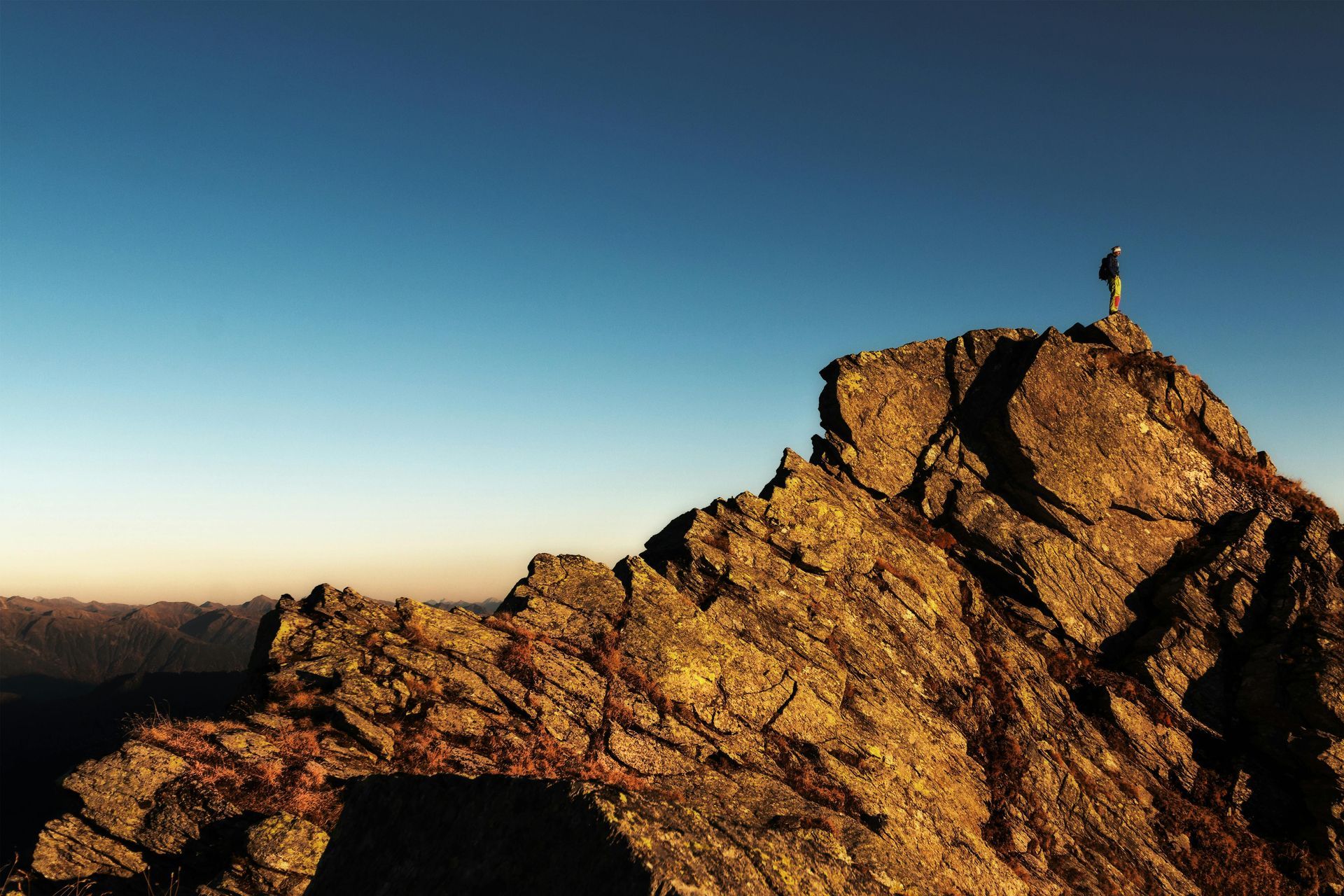
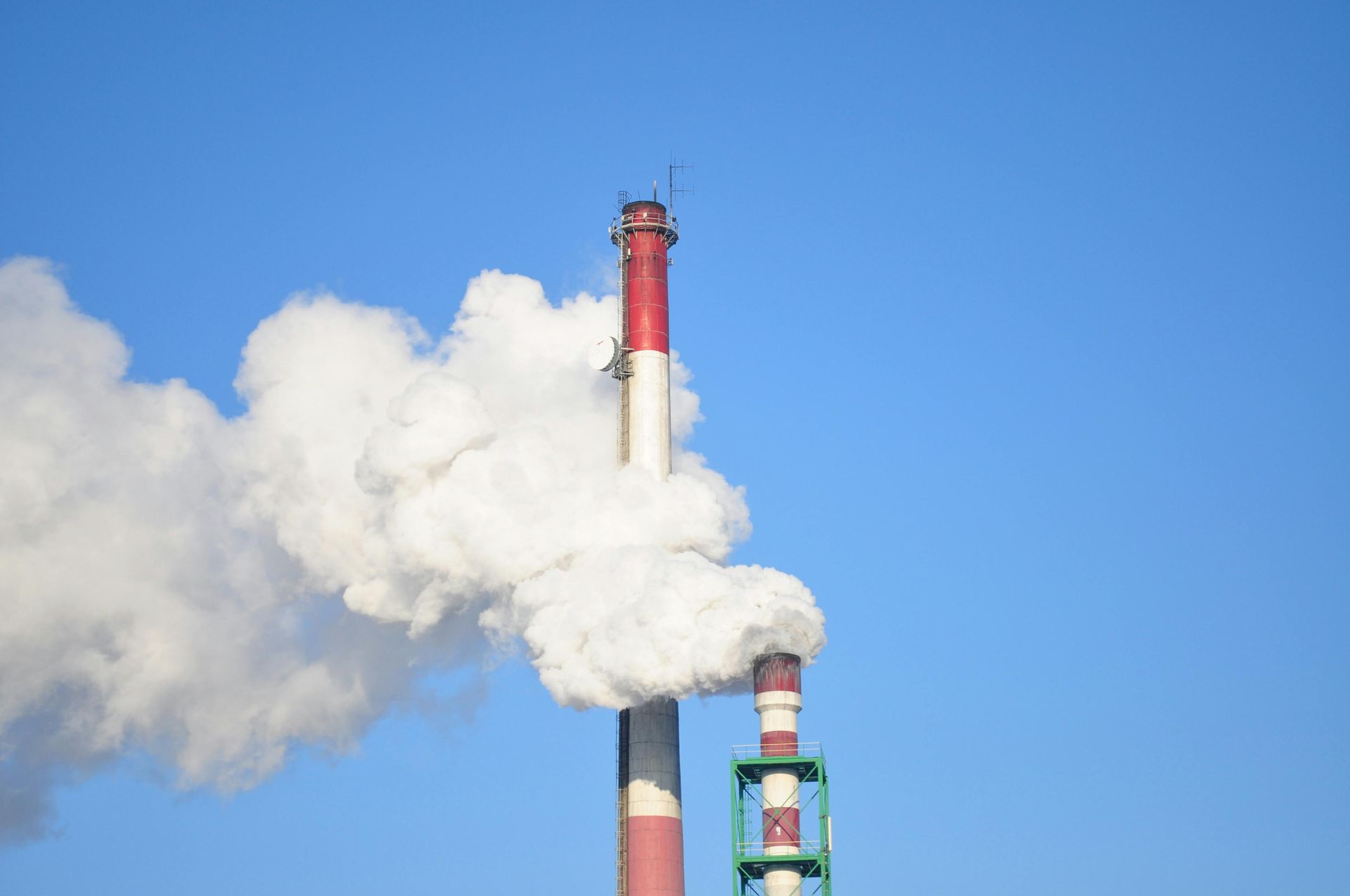
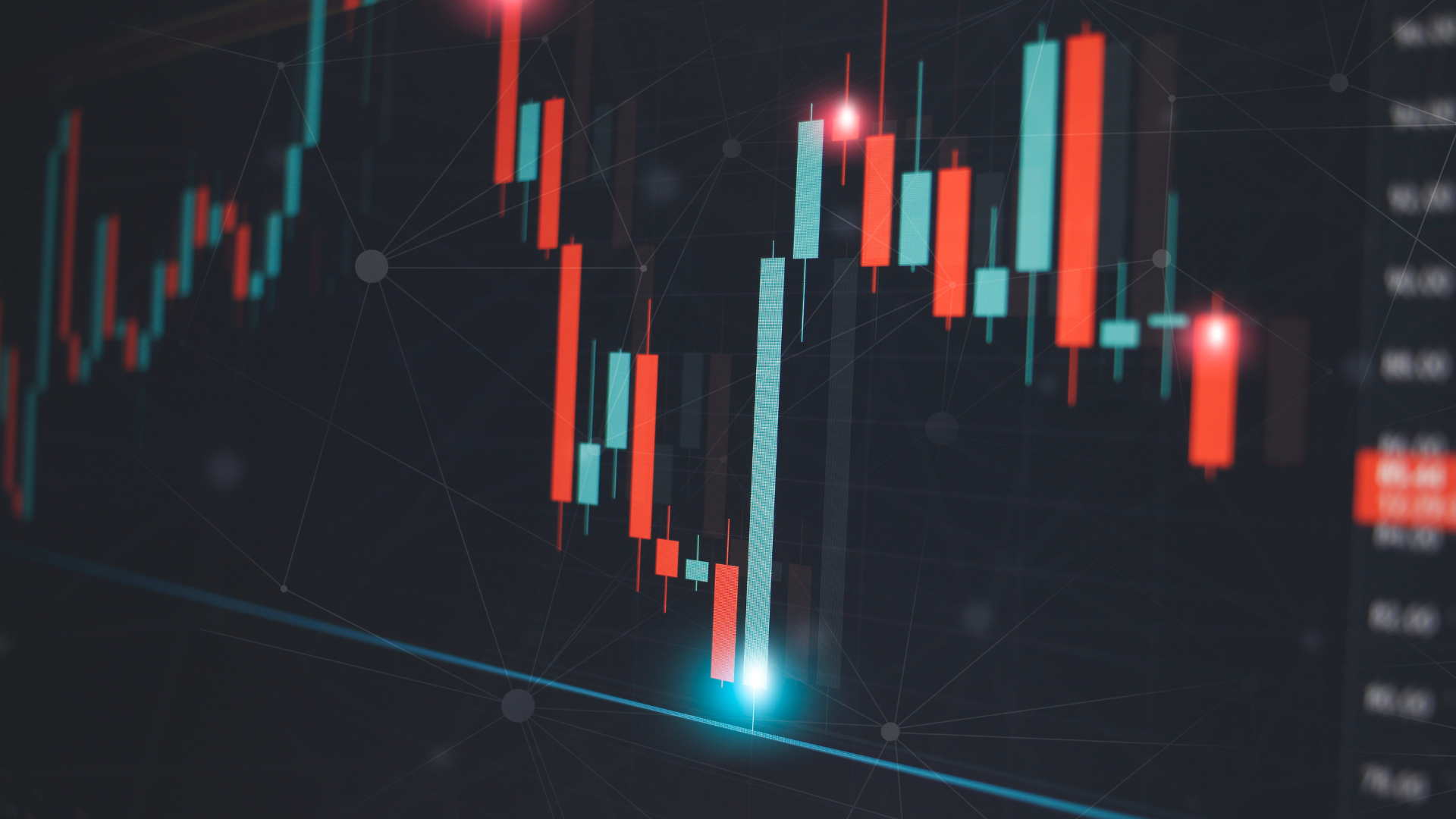
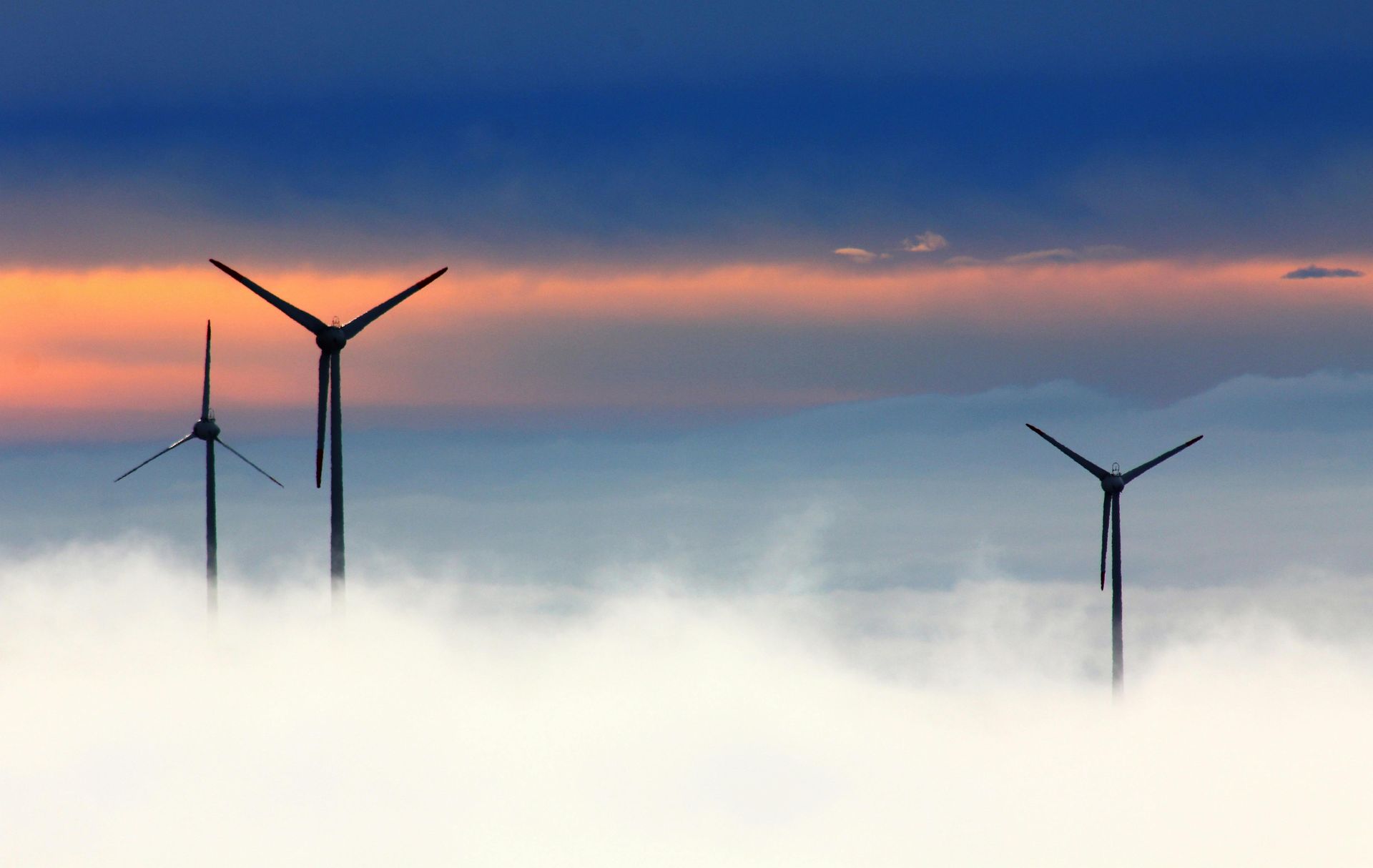
Contact Information
All Rights Reserved | Renew The Earth
